Classic literature has long been celebrated for its enduring themes, rich language, and valuable life lessons. Introducing children to these works can foster a love of reading and critical thinking skills. However, knowing when and how to introduce these texts can be crucial to ensuring that the experience is engaging and enriching.
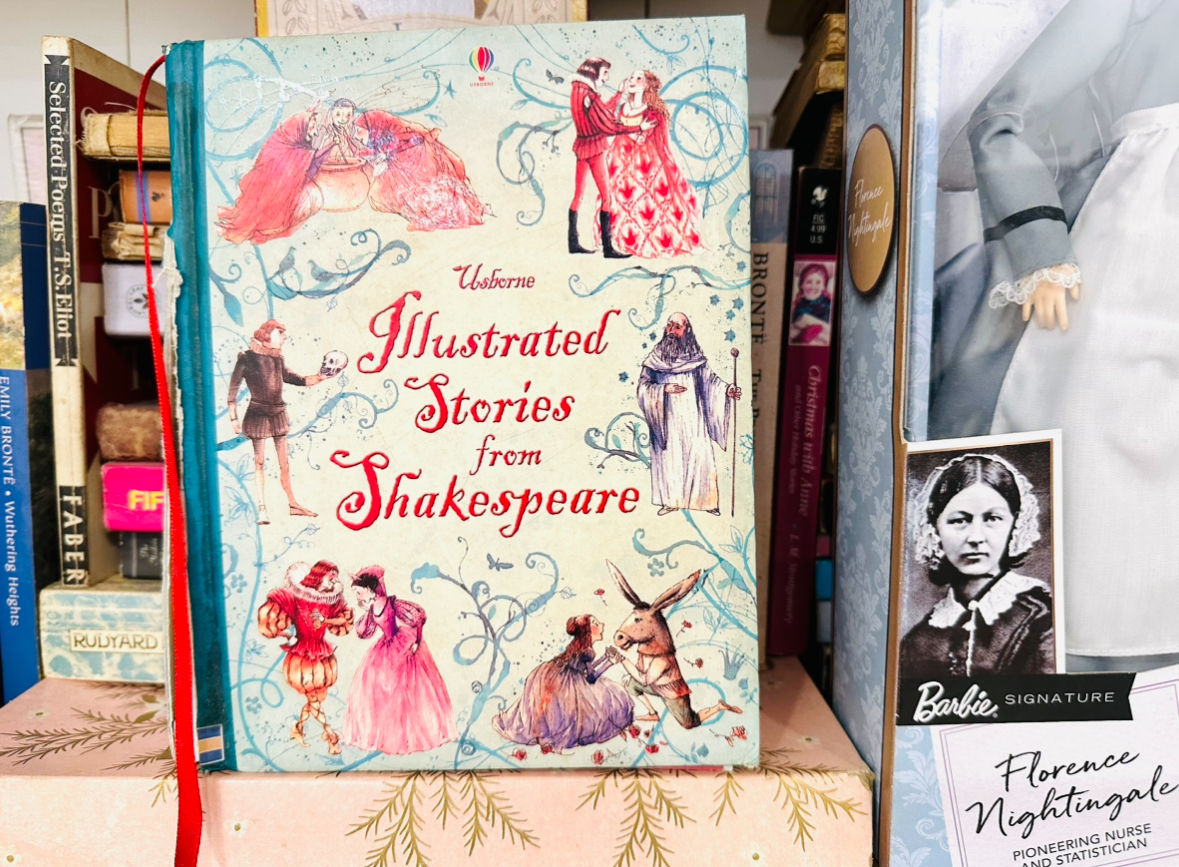
Illustrated Stories from Shakespeare is a wonderful way to get pre-teens started with these classics. Amazon.
When to Introduce Classic Literature
1. Early Exposure (Ages 3-6)
At this stage, classic literature can be introduced through adaptations and retellings. Picture books and simplified versions of classic stories, such as “Aesop’s Fables” or “The Tale of Peter Rabbit” by Beatrix Potter, can be effective. These retellings maintain the essence of the original stories while being age-appropriate.
2. Primary School Years (Ages 7-10)
As children develop better reading skills and comprehension, they can handle more complex narratives. This is a good time to introduce them to classics with engaging plots and relatable characters. Books like “Charlotte’s Web” by E.B. White and “The Chronicles of Narnia” by C.S. Lewis are excellent choices. They introduce children to classic themes and vocabulary in a manner that’s accessible and enjoyable.
3. Middle School (Ages 11-13)
During these years, children are ready for more challenging texts. Introduce them to classic literature that explores deeper themes and complex characters. Works such as “Anne of Green Gables” by L.M. Montgomery (I love the ‘Puffin in Bloom’ edition!) or “The Secret Garden” by Frances Hodgson Burnett offer rich narratives that can spark thoughtful discussion and reflection.
4. High School (Ages 14-18)
Teenagers are prepared for the full range of classic literature, including works with mature themes and sophisticated language. Books like “To Kill a Mockingbird” by Harper Lee, “Pride and Prejudice” by Jane Austen, and “1984” by George Orwell provide opportunities for in-depth analysis and discussion, helping to develop critical thinking and interpretative skills.
How to Introduce Classic Literature
1. Look for Abridged Illustrated Classics: Children relate much better to shorter prose and pictures. Look for abridged classics in illustrated versions to spark the interest of young readers.
2. Start with Adaptations: Use movie adaptations or modern retellings to introduce the plot and characters of classic literature. This can make the original text more approachable and give children a framework for understanding the story.
- Black Beauty
- Gulliver’s Travels
- The Call of the Wild
- Treasure Island
- King Arthur
- Little Women
3. Read Aloud Together: Reading classic literature aloud can be an engaging way to experience the language and rhythm of the text. Discuss the story as you go along to ensure understanding and to make the experience interactive.
4. Incorporate Discussion: Encourage children to express their thoughts and feelings about the story. Ask questions about the characters’ motivations, the moral of the story, and how they relate to their own experiences. This fosters a deeper connection to the material.
5. Use Supplementary Materials: Consider using study guides, illustrations, or audiobooks to enhance understanding. These resources can provide context, explain difficult vocabulary, and offer additional insights.
6. Connect to Interests: Relate classic literature to your child’s interests. For example, if they love animals, they might enjoy “Black Beauty” by Anna Sewell. If they are fascinated by adventure, “Treasure Island” by Robert Louis Stevenson could be a hit.
7. Encourage Creative Projects: Let children explore the themes of classic literature through creative activities such as drawing, acting out scenes, or writing their own stories inspired by the classics. This can make the reading experience more engaging and memorable.
8. Solve Literary Quizzes Online: My children love online quizzes and puzzles! Find a few literary ones to test and encourage their knowledge about books.
Conclusion
Introducing children to classic literature can be a rewarding journey that enhances their reading skills and broadens their understanding of the world. By choosing age-appropriate texts and engaging in meaningful discussions, parents can help cultivate a lifelong appreciation for literature and critical thinking. Remember, the goal is to make the experience enjoyable and enriching, setting the stage for a lasting love of reading.
Pin it!
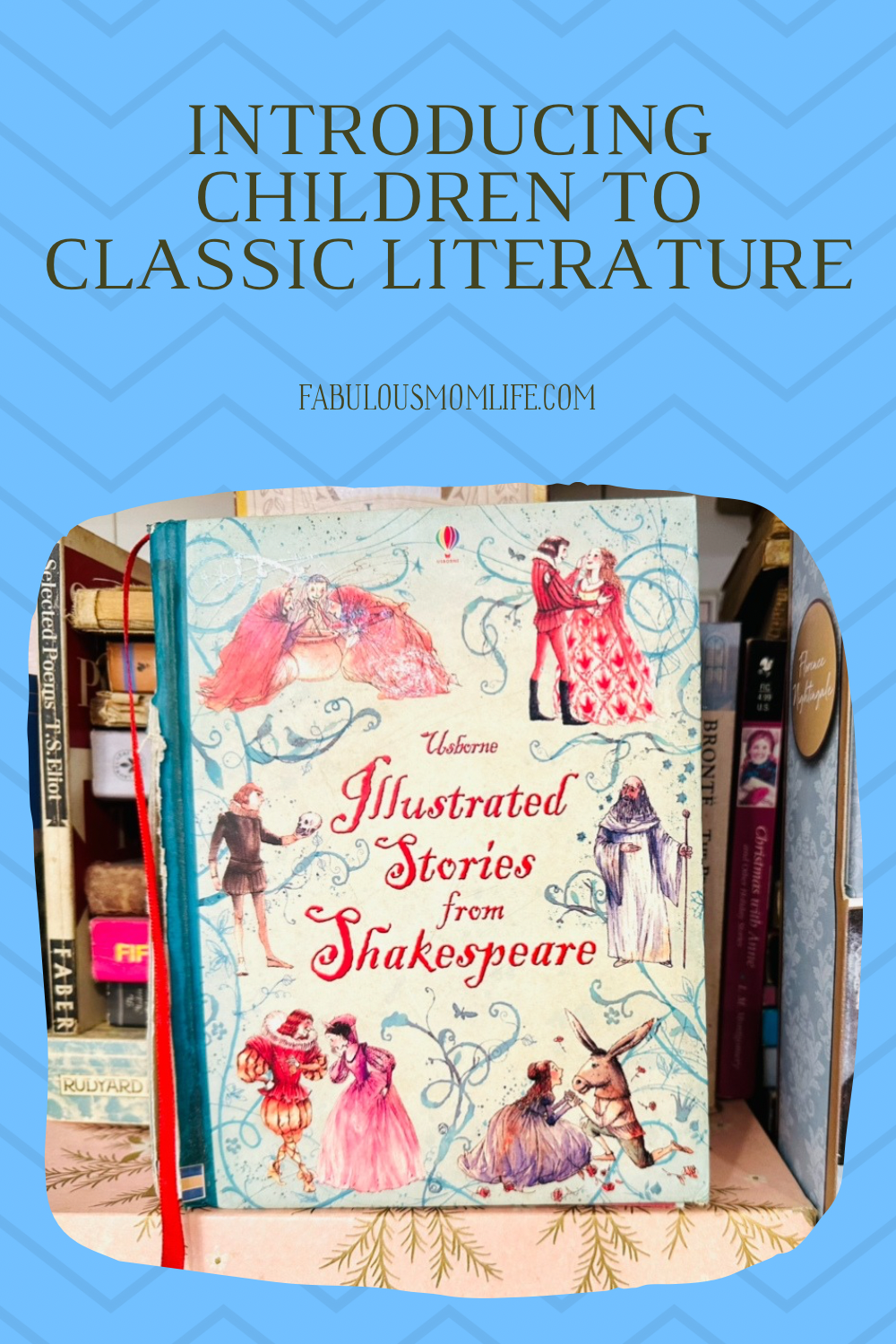
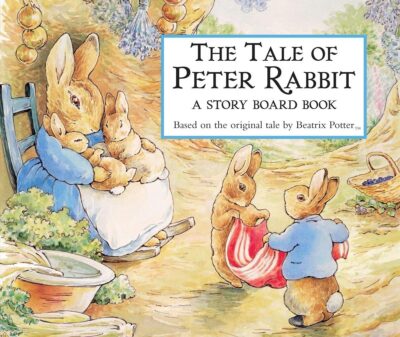
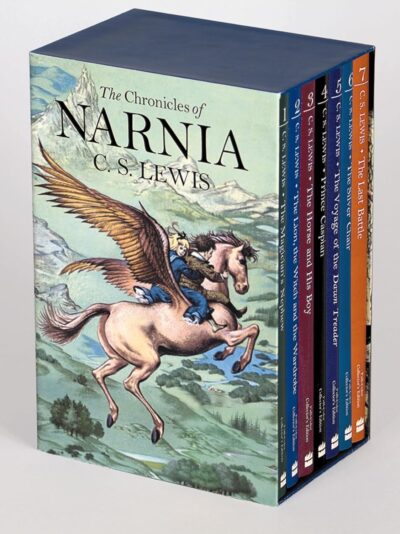



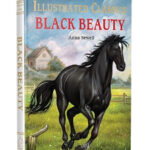



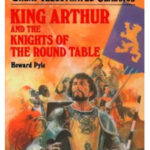
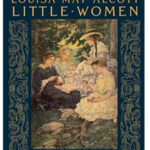
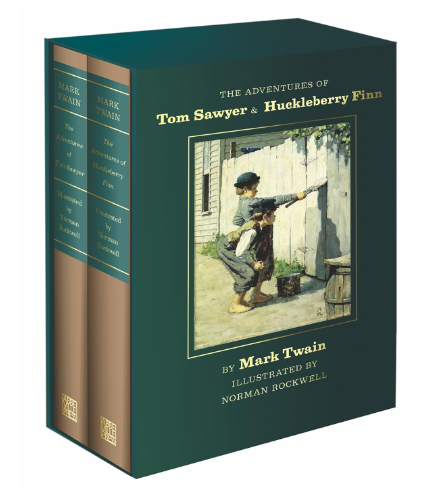


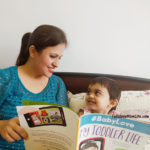

Leave a Reply